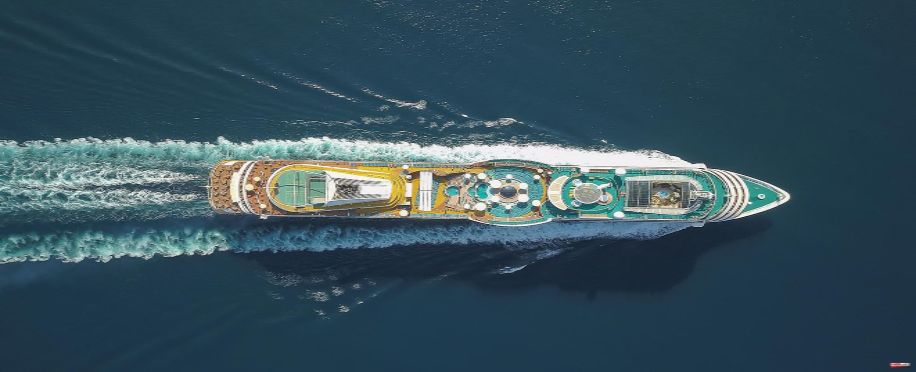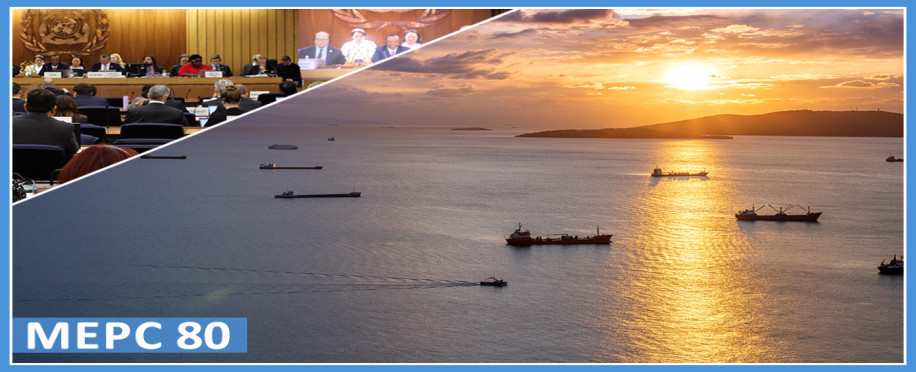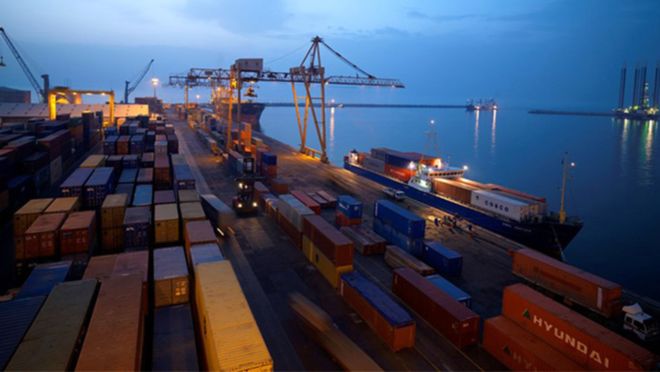Maersk Adopts Bio-LNG to Renew Fleet and Achieve Net Zero Emissions by 2040
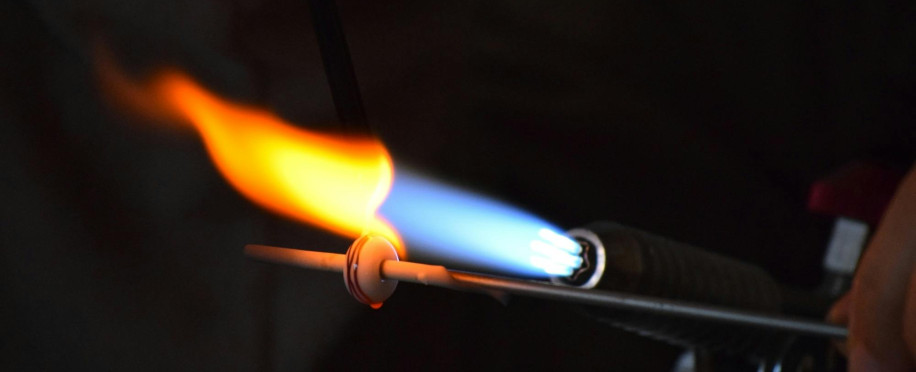
Posted on Aug 08, 2024 at 08:08 PM
A.P. Moller-Maersk, a global logistics company, aims to achieve net zero emissions by 2040 by utilizing new technologies, vessels, and low-emission fuels, simplifying supply chains in 130 countries and employing around 100,000 people.
As part of its massive fleet renewal strategy, Maersk has announced that it will switch to bio-LNG to diversify its fuel options. This decision aligns with the company's fleet renewal strategy for 2021, which calls for a renewal rate of around 160,000 TEU annually.
Maersk CEO Vincent Clerc discussed fleet renewal during a Q2 and H1 conference call. He noted that ordering has been delayed due to backed-up delivery times at yards, requiring multiple years of orders. However, he expects even distribution of the ships, with most already ordered or expected in the coming weeks.
Maersk Bets on Bio-LNG with Newbuilding Orders
Maersk plans to launch dual-fuel ships with methanol and liquified gas propulsion systems, running on liquified bio-methane (bio-LNG). “There is a need for us to hedge some of the bets that we are making on technology,” stated CEO Vincent Clerc.
Maersk opposes LNG as a marine fuel due to methane emissions and plans to exclusively use methanol for container shipping, sparking a trend among major liner companies like ONE, COSCO, and CMA CGM.
Maersk plans to expand its fleet and fuel options, replacing scrapped vessels with new ones, while maintaining its fleet size.
Ahmed Hassan, Head of Asset Strategy & Strategic Partnerships at Maersk, thanks partners for their collaboration in enabling decarbonised ocean transport.
Rabab Boulos, Chief Operating Officer of Maersk, stated, “Our fleet renewal programme is fundamental to maintaining a competitive edge in our ocean business, and it is a cornerstone in decarbonising our operations.”
Maersk anticipates a CAPEX of $10-11b for 2024-2025 due to fleet renewal, with a fleet of 707 container vessels, including 304 owned and 403 chartered ships, totaling 4.3 million TEU at the end of Q2.
Vessel Orders and Contracts
- The overall number of orders for dual-fuel vessels will be 50-60, totalling 800,000 TEU from both owned and chartered vessels with deliveries expected between 2026 and 2030.
- There will be an owned capacity of about 300,000 TEU, with time-charter agreements to plan the remaining 500,000 TEU.
- Taking future regulatory frameworks and the availability of green fuels into account, the precise distribution of propulsion technologies will be decided.
- Maersk is arranging offtake agreements for liquified bio-methane (bio-LNG) to ensure the reduction of greenhouse gas emissions from its new dual-fuel gas vessels this decade.
- Maersk has ordered 25 dual-fuel methanol vessels, with 5 already in service and 20 on order, providing approximately 350,000 TEU of dual-fuel capacity.
Conclusion:
A.P. Moller-Maersk continues to take bold steps toward its ambitious goal of achieving net zero emissions by 2040 through the adoption of environmentally friendly technologies and fuels, such as bio-LNG. The fleet renewal program is a key component of the company’s strategy to maintain its competitive edge and reduce its carbon footprint. By forging strategic partnerships and making significant investments in dual-fuel vessels, Maersk is poised to lead the way in sustainable global shipping, strengthening its position as a driving force in the modern, sustainable maritime industry.A.P. Moller-Maersk, a global logistics company, aims to achieve net zero emissions by 2040 by utilizing new technologies, vessels, and low-emission fuels, simplifying supply chains in 130 countries and employing around 100,000 people.
As part of its massive fleet renewal strategy, Maersk has announced that it will switch to bio-LNG to diversify its fuel options. This decision aligns with the company's fleet renewal strategy for 2021, which calls for a renewal rate of around 160,000 TEU annually.
Maersk CEO Vincent Clerc discussed fleet renewal during a Q2 and H1 conference call. He noted that ordering has been delayed due to backed-up delivery times at yards, requiring multiple years of orders. However, he expects even distribution of the ships, with most already ordered or expected in the coming weeks.
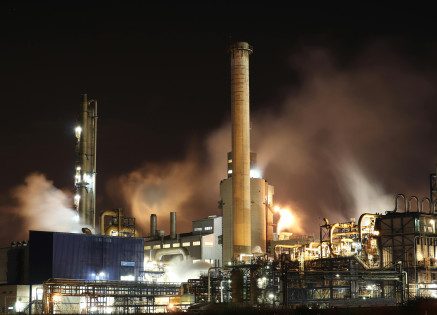
Maersk Bets on Bio-LNG with Newbuilding Orders
Maersk plans to launch dual-fuel ships with methanol and liquified gas propulsion systems, running on liquified bio-methane (bio-LNG). “There is a need for us to hedge some of the bets that we are making on technology,” stated CEO Vincent Clerc.
Maersk opposes LNG as a marine fuel due to methane emissions and plans to exclusively use methanol for container shipping, sparking a trend among major liner companies like ONE, COSCO, and CMA CGM.
Maersk plans to expand its fleet and fuel options, replacing scrapped vessels with new ones, while maintaining its fleet size.
Ahmed Hassan, Head of Asset Strategy & Strategic Partnerships at Maersk, thanks partners for their collaboration in enabling decarbonised ocean transport.
Rabab Boulos, Chief Operating Officer of Maersk, stated, “Our fleet renewal programme is fundamental to maintaining a competitive edge in our ocean business, and it is a cornerstone in decarbonising our operations.”
Maersk anticipates a CAPEX of $10-11b for 2024-2025 due to fleet renewal, with a fleet of 707 container vessels, including 304 owned and 403 chartered ships, totaling 4.3 million TEU at the end of Q2.
Vessel Orders and Contracts
- The overall number of orders for dual-fuel vessels will be 50-60, totalling 800,000 TEU from both owned and chartered vessels with deliveries expected between 2026 and 2030.
- There will be an owned capacity of about 300,000 TEU, with time-charter agreements to plan the remaining 500,000 TEU.
- Taking future regulatory frameworks and the availability of green fuels into account, the precise distribution of propulsion technologies will be decided.
- Maersk is arranging offtake agreements for liquified bio-methane (bio-LNG) to ensure the reduction of greenhouse gas emissions from its new dual-fuel gas vessels this decade.
- Maersk has ordered 25 dual-fuel methanol vessels, with 5 already in service and 20 on order, providing approximately 350,000 TEU of dual-fuel capacity.
Conclusion:
A.P. Moller-Maersk continues to take bold steps toward its ambitious goal of achieving net zero emissions by 2040 through the adoption of environmentally friendly technologies and fuels, such as bio-LNG. The fleet renewal program is a key component of the company’s strategy to maintain its competitive edge and reduce its carbon footprint. By forging strategic partnerships and making significant investments in dual-fuel vessels, Maersk is poised to lead the way in sustainable global shipping, strengthening its position as a driving force in the modern, sustainable maritime industry.
Read more news:
Rebuilding Hope: France Leads the Charge in Reviving Beirut Port
Russia Shifts Tanker Operations to Morocco
$450 Million Boost: Transforming America's Ports for the Future
